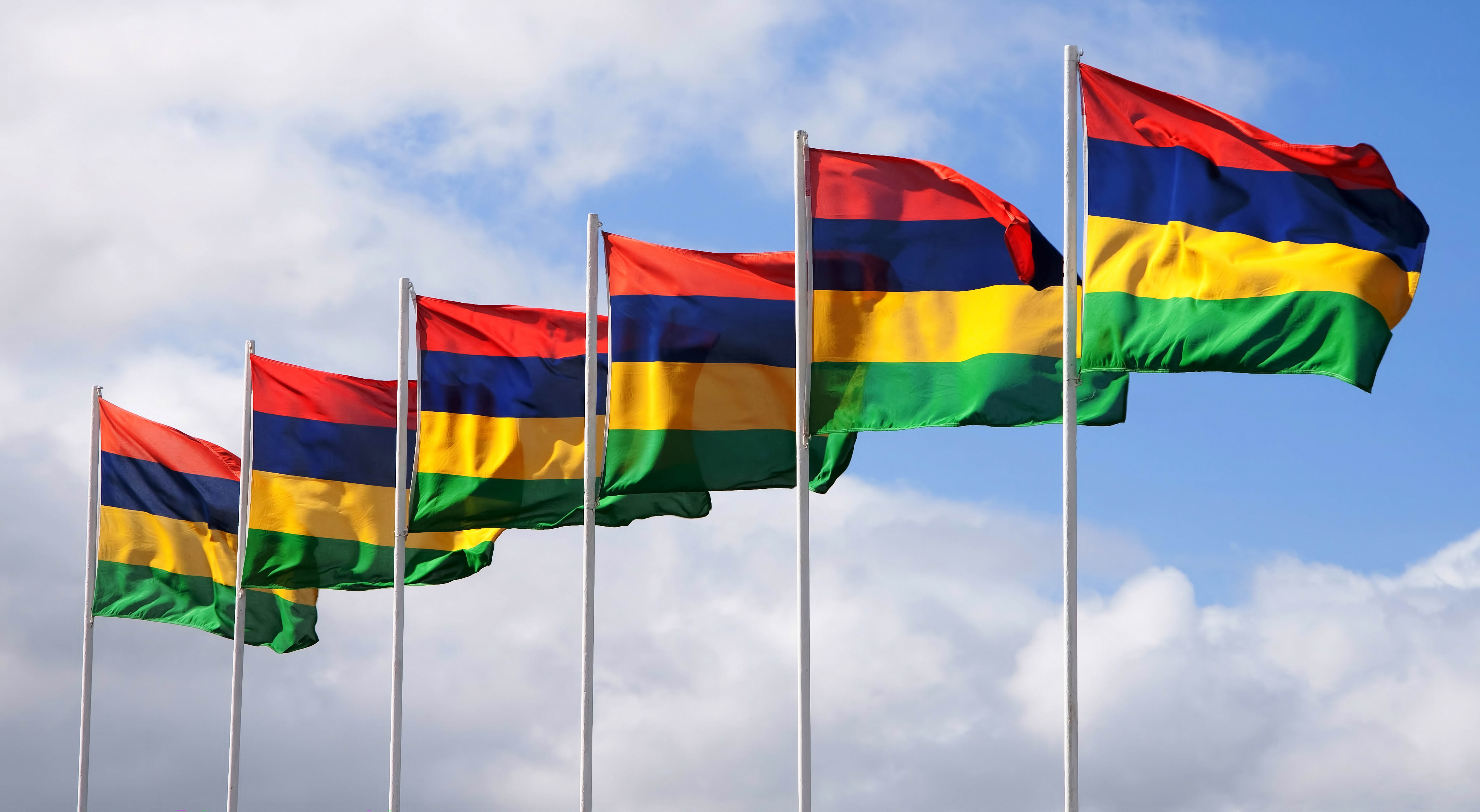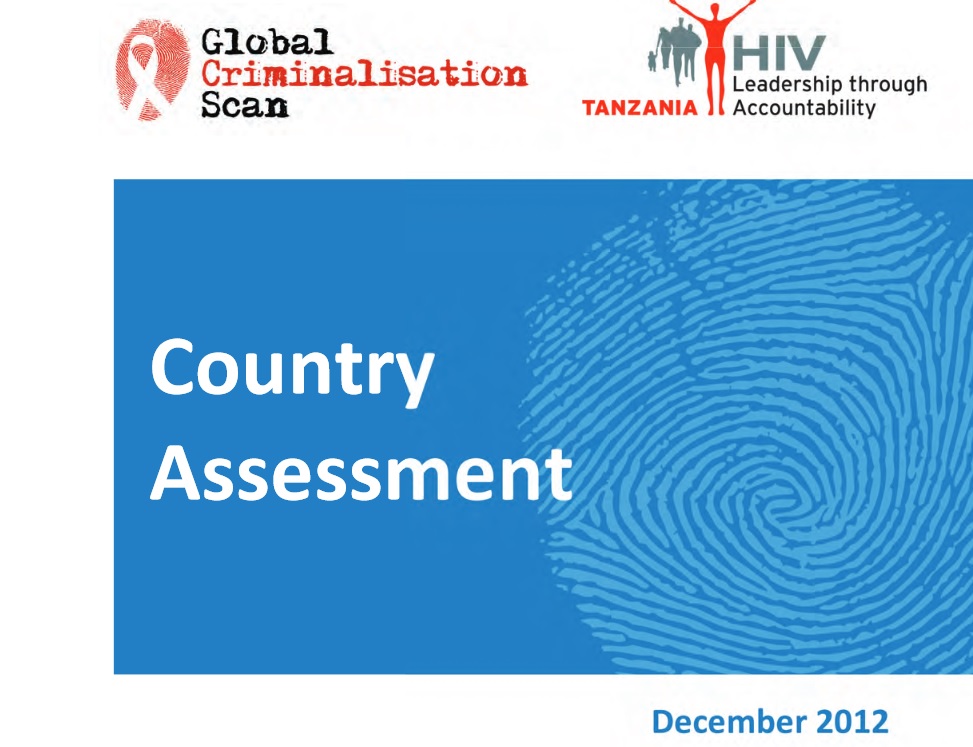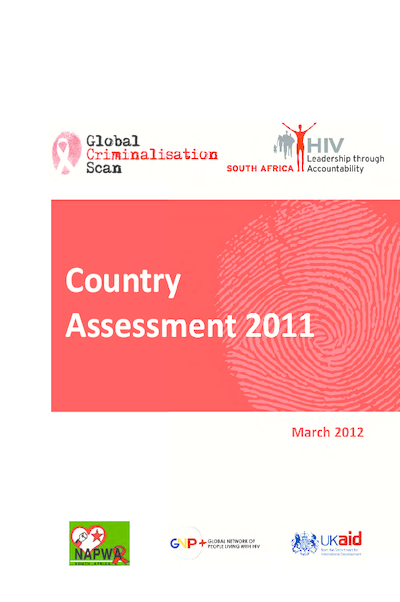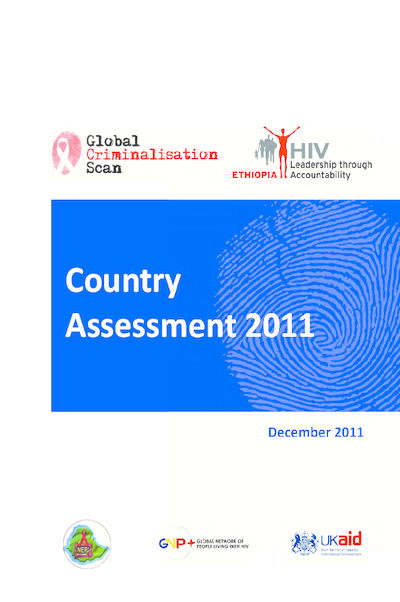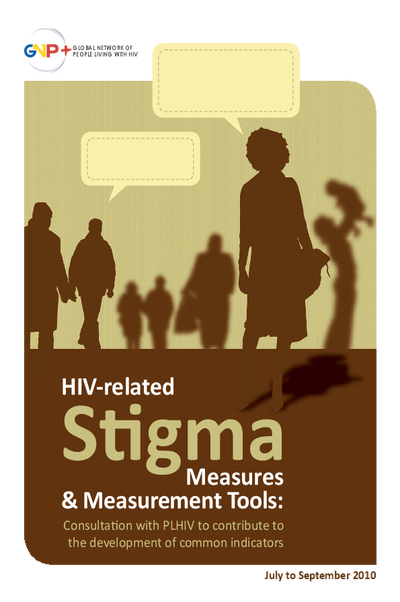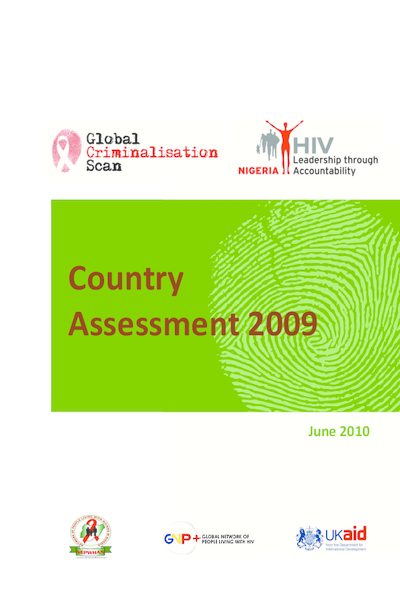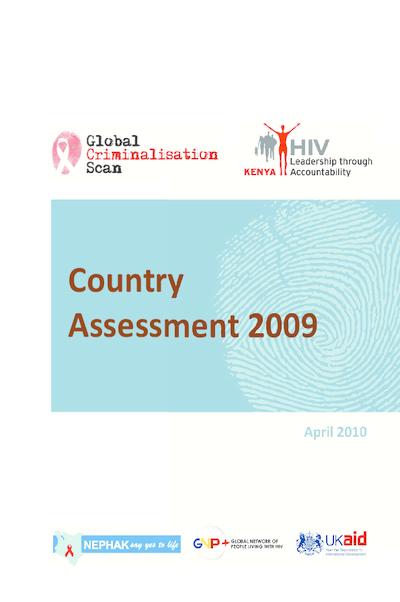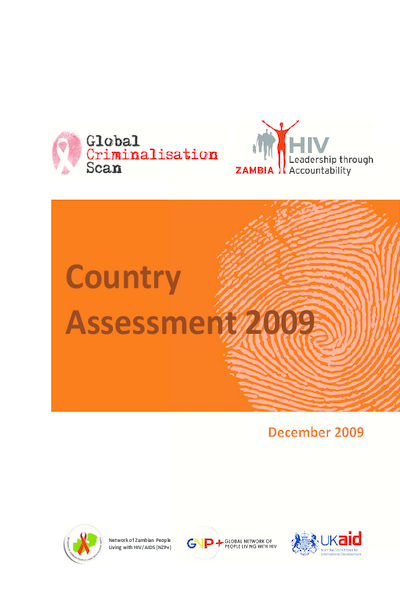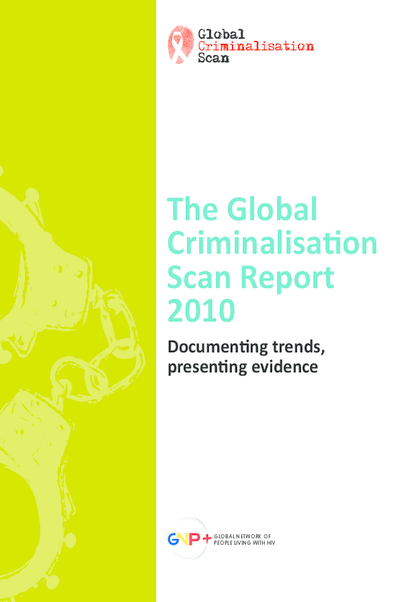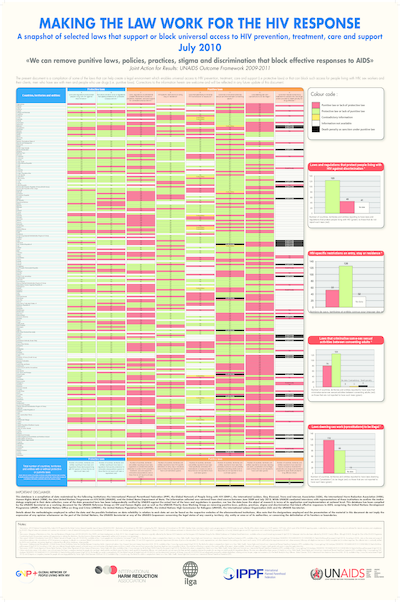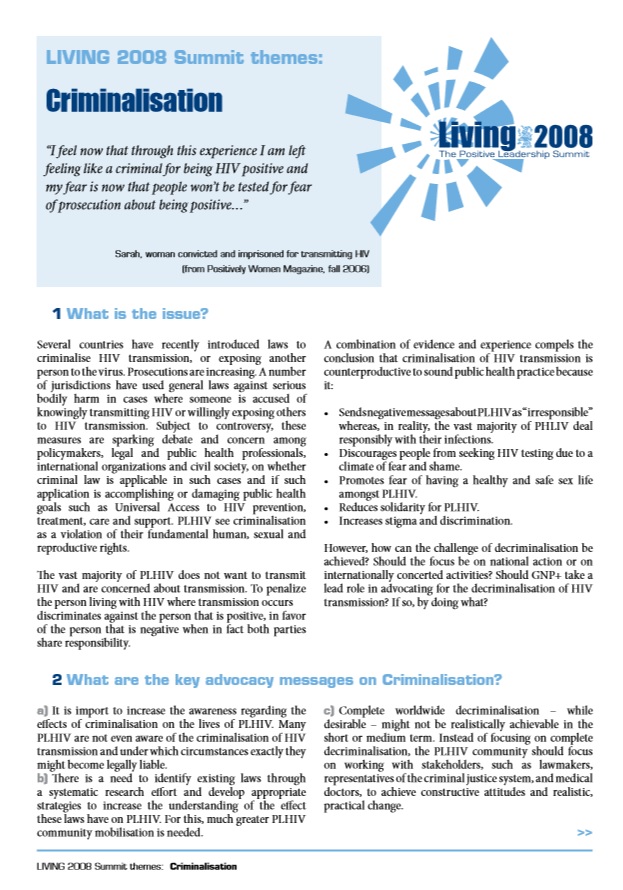The AIDS and Rights Alliance for Southern Africa (ARASA), Prévention Information Lutte contre le Sida (PILS) and the undersigned civil society organisations call on the Prime Minister of Mauritius to stop the deportation of a young woman from Cameroon solely on the basis of her HIV status. We urge policy makers in Mauritius to review and amend the Immigration Act which specifies that persons afflicted with any infectious disease are prohibited from entering the country.
As part of her study permit application, the female student was tested for HIV upon arrival in Mauritius. After testing positive for HIV, she received a notification letter from the Passport and Immigration Office informing her that the application for her study visa had been denied and that she would be deported from the country.
The determination that the student be deported on the basis that her HIV status is a contagious infection, as provided for in the Immigration Act, is discriminatory. Scientific and medical developments in the last three decades have proven that effective HIV treatment has significantly reduced AIDS-related deaths and has transformed HIV infection from a condition that inevitably resulted in early death to a chronic manageable condition.
It is well accepted that states may not discriminate against people living with HIV or members of groups perceived to be at higher risk of HIV infection on the basis of their actual or presumed HIV status. International human rights law guarantees the rights to equal protection before the law and freedom from discrimination on any ground. The rights to equality and non-discrimination in the context of HIV has in addition been interpreted as imposing an obligation on states to review and repeal any laws, policies and practices to exclude treatment based on arbitrary HIV-related measures. The provisions of the Immigration Act which permit deportation on the basis of HIV status are discriminatory and there is no evidence that laws of this nature protect public health.
The deportation of this student on the basis of her HIV status only is not only contrary to fundamental international human rights, but will undoubtedly fuel the already high rates of stigma and discrimination against people living with HIV in Mauritius. All persons have the right to education and this right extends to people living with HIV. States should ensure that people living with HIV are not discriminatorily denied access to education, including access to schools, universities, scholarships and international education or subject to restrictions solely based on their HIV status.
We appeal to the Mauritian government to make progressive efforts to increase awareness and education on HIV, law and human rights for the general public, government agencies, services providers within key sectors and law enforcement officials. Comprehensive anti-discrimination law that protects people against discrimination on the basis of real or perceived HIV status should be adopted.


